Everyone thinks about their dream house at one point in their life. Today we will show you how to make Origami House which you can design and decorate as you wish! You may not be able to live in it, but you can show everyone what a great eye for design you have
Article Contents
1. The symbolism and meaning of house2. Materials we use to build Houses
3. Materials needed for the Paper Origami House
4. Instructions to make Origami House
5. What will you develop and learn by making the Origami House?
The symbolism and meaning of house
The house, or more specific, home, has a deep meaning for humans from the start of our existence. Actually, even animals have their lairs, build nests, burrow holes and mark their territory. In other words, create their homes.
For humans, the house is a lot more than a roof over our head and place to stay dry. It has a deeper meaning that creates a place of belonging and memories. That is why we refer to our house as our home.
In the Judeo-Christian religion, people were expelled from the Paradise – perfect home created for us. And if we live a good and faithful life, we will return to that perfect home in Heaven.
In a famous Greek epic Odyssey, written by Homer, the whole story is centered around hero Odysseus journeying back home and enduring in that mission despite many obstacles.
In short, the house, or home has a strong meaning of identity, security, privacy, belonging and control for all human beings. It presents the center of our lives – the place we leave each morning and the place we go back to every evening.
Materials we use to build Houses
Generally speaking, we can split building materials into natural and synthetic. Some examples of natural materials are wood and stone. Synthetic materials are processed by industry and are not available in nature. Some examples are plastic and steel.
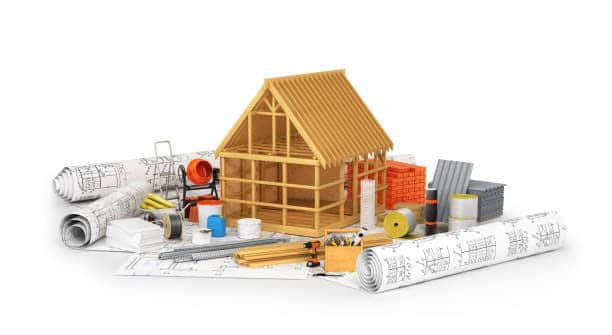
Now we will mention some of the most common materials in use for building houses and structures:
- Rock – One of the most durable and widely used building materials. We don’t say “rock solid” for nothing. Some of the most amazing structures were built out of stone, like the Pyramids in Egypt, Aztec pyramids and what remained of Inca civilization.
- Wood – Most generic and common building blocks for houses. Trees are renewable and versatile material so it’s no wonder it is part of almost any house or building.
- Brick and Block – Widely used from 18. to 20. century due to its great resistance to fire. That was important for that period when the crowded cities started to appear. Also, it was relatively cheap to produce so it’s no wonder it was such a popular material.
- Mud and clay – Mud and clay houses were built for centuries in western and northern Europe for their amazing temperature regulation properties. They are still built today but to a lower extent. Some of the houses are still habitable, even after a couple of hundreds of years.
- Thatch – Excellent insulator and easy to harvest. Many African tribes use it as the main building method and it was used in Europe for building the roofs.
- Fabric – used by nomadic societies for centuries, the fabric is the most common material in building a tent.
- Ice – Popular Igloos, houses from ice were build by the native Inuit in the north.
- Concrete – In this modern age, concrete is the dominant material for building houses due to its longevity, formability, and ease of transport. By itself, concrete has a low tensile strength so we use steel rods to reinforce it.
- Metal – Mostly used for the construction of large buildings like skyscrapers that we find today in large cities. Metal is strong, flexible, and refined easily. The main enemy of metal constructions is corrosion if not treated regularly.
And now to our origami house. It won’t last forever (probably no longer than a few days), but you will surely get some value from building this small, paper home.
Materials needed for the Paper Origami House
- Paper: Plain square paper. 200mmX200mm dimension or larger is recommended if this is your first time making origami. A plain sheet of A4 paper is also good since we can easily make the square paper from it. Colored paper is even better to give our origami house a more colorful look.
- Colored pencils or markers for decoration
- Your two hands and 10 dexterous fingers 😉
Instructions to make Origami House
Watch the video at the beginning of an article in which we guide you step by step in making the origami house. Or you can check the diagram below if you are an experienced origami maker.
- Fold in half to make a crease
- Fold to meet the center line along the crease
- Fold in the dotted line
- Fold back
- Open
- Flatten
- Fold in the dotted line
- Draw a door, windows and the house is done!
What will you develop and learn by making the Origami House?
- Concentration, attention, and patience
- Hand-eye coordination and fine motor skills
- Math concepts, geometry, proportions, and fractions
- Confidence and resistance to frustration
- Creativity
Don’t forget to check our other origami activities such as How to make Origami Boat, How to make Origami Pig and How to make Origami Fortune Teller. They would look great next to your house. Also, check other categories for more fun activities from Science, Technology, Engineering, and Math. Happy folding!
If you’re searching for some great STEM Activities for Kids and Child development tips, you’re in the right place! Check the Categories below to find the right activity for you.

STEM Science
Videos, guides and explanations about STEM Science in a step-by-step way with materials you probably already have at your home. Find new Science ideas.
Read more
STEM Technology
Videos, guides and explanations about STEM Technology in a step-by-step way with materials you probably already have at your home. Find new Technology ideas.
Read more
STEM Engineering
Videos, guides and explanations about STEM Engineering in a step-by-step way with materials you probably already have at your home. New Engineering ideas!
Read more
STEM Math
Videos, guides and explanations about STEM Math in a step-by-step way with materials you probably already have at your home. Find new Mathematics ideas.
Read more
Psychology
Find out all about development psychology topics that you always wanted to know. Here are articles from child psychology and development psychology overall.
Read more
First year of Child’s Life
Following a Child’s development every month from its birth. Personal experiences and tips on how to cope with challenges that you will face in parenting.
Read more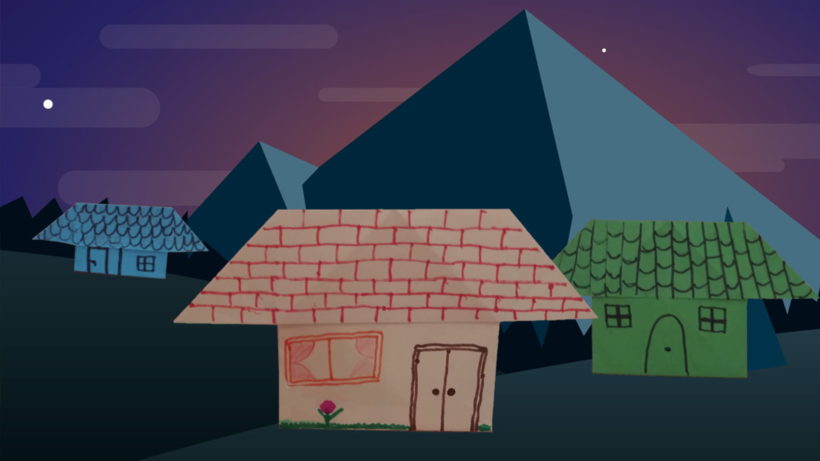
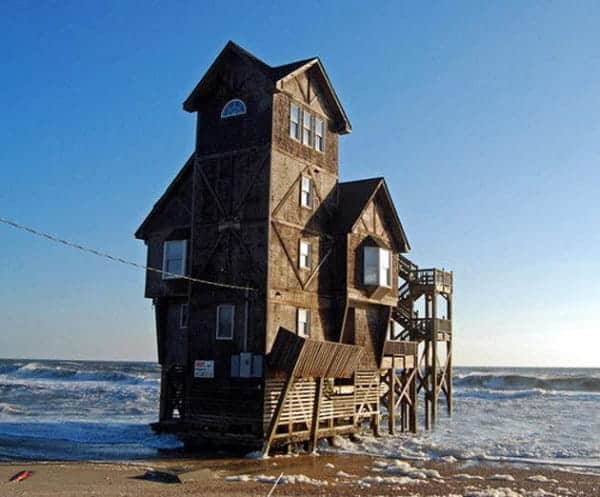
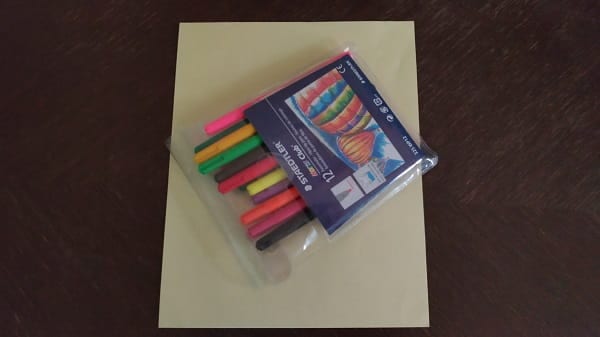
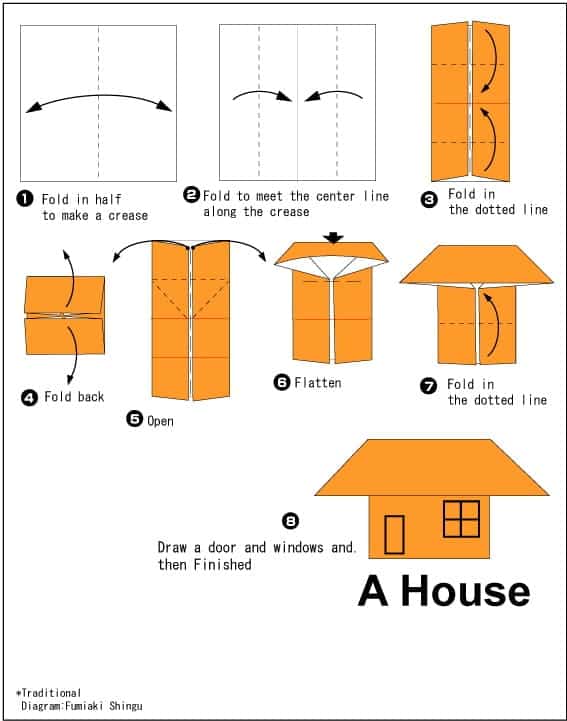
3 thoughts on “How to make Origami House”